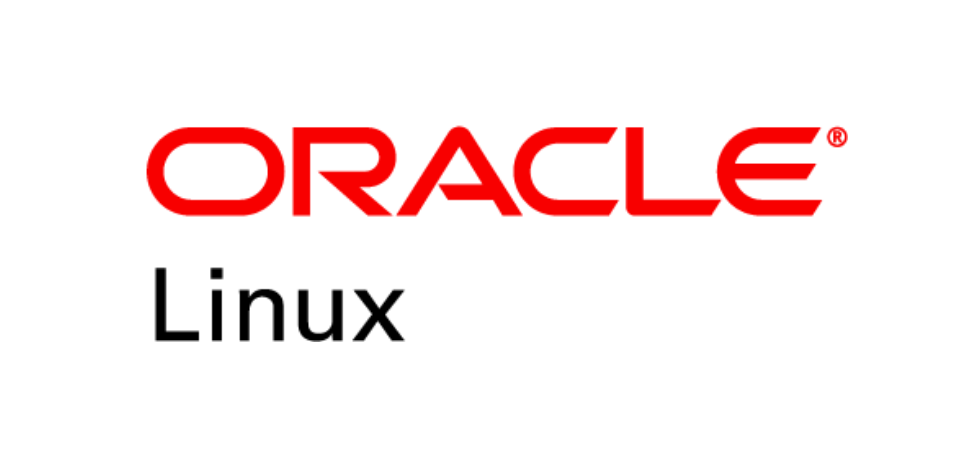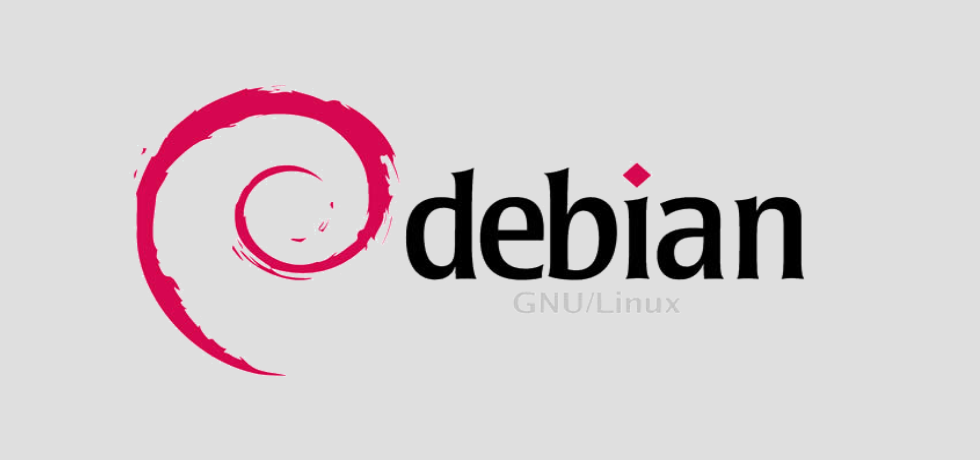In December 2020, Red Hat revealed its shift in focus from CentOS Linux to CentOS Stream. This alteration has caused a noteworthy impact as CentOS has been widely favored by countless system administrators for tasks like server management, virtual machines, and specialized appliances. Despite this shift, a substantial number of administrators still rely on CentOS.
The transition entails CentOS Stream becoming an upstream platform. It serves as a medium for developers to test and refine software components before they are incorporated into the downstream Red Hat Enterprise Linux (RHEL) distribution. This shift has triggered discussions within the Linux community about how this change will influence various use cases and the best steps forward for different scenarios.
This transition prompts consideration of alternative options. Distributions like Oracle Linux, AlmaLinux, Rocky Linux, and Ubuntu Server have emerged as potential substitutes. They offer unique features, support models, and compatibility considerations.
Table of Contents

What are the finest CentOS substitutes?
Following Red Hat’s statement, people began looking for a dependable CentOS option. Most CentOS customers are looking for the finest CentOS replacement or alternative to meet their requirements. If you fall into this category, this list may help you find your next distribution.
Alma Linux

AlmaLinux was founded by CloudLinux, a company well-known in the Linux OS industry. AlmaLinux OS is a community-driven, open-source, enterprise-grade Linux operating system. AlmaLinux is a community-guided and produced 1:1 binary-compatible clone of RHEL. AlmaLinux also makes it simple to migrate from CentOS, with a single command converting large server fleets.
- Website: almalinux.org
- Download AlmaLinux from AlmaLinux Repo: Download AlmaLinux ISO
Rocky Linux

Rocky Linux, named after CentOS co-founder Rocky McGough, was also announced immediately following Red Hat’s decision. It is a free, community-based server-oriented Linux distribution created by Gregory Kurtzer, CentOS’s original co-founder. Kurtzer also intends to produce a second community-based CentOS replacement. Rocky Linux’s first stable release was made available in June 2021.
- Visit to Rocky Official website: rockylinux.org
- Rocky Linux official download URL: Download Rocky Linux ISO
Ubuntu Server

Ubuntu is a popular Linux distribution for both server and desktop use. While Ubuntu serves as an alternative to CentOS, it diverges from the CentOS path by belonging to the Debian Linux lineage and incorporating software distinct from that used by CentOS. Ubuntu, on the other hand, is not an RPM-based Linux distribution. You can use Alien to convert RPM packages into DEB files for usage with Ubuntu. If you are certain that Ubuntu satisfies all of your requirements and is the best option for you, you can switch from CentOS to Ubuntu, but keep in mind that this is a major decision.
- Ubuntu’s official website is: www.ubuntu.com
- Download Ubuntu’s official website is: Ubuntu Linux ISOs
Oracle Linux

Oracle Linux is a fork of RHEL that is currently available and allows you to migrate from CentOS without having to reinstall. It has also been available since 2006 and is 100% application binary compatible with RHEL. It provides two kernels: the Unbreakable Enterprise Kernel and the Red Hat Compliant Kernel. Oracle pledges that Oracle Linux source code and binaries will always be free, although support costs $1.199 per year.
- Website: https://oracle.com/linux/
- Download Oracle Linux’ all versions: Oracle Linux ISOs
Dabian Linux

Dabian Linux is another well-known open-source Linux distribution that offers a robust server distribution. It is also one of the most established and widely used Linex kernel-based operating systems. Because it is a community-driven and old distribution, there are numerous internet resources available in the event of a problem. Debian Linux is also well-known for its extensive software library and architecture support. The developers give thorough documentation that may be really valuable during your migrating process.
- Website: debian.org
- Download Debian official url: Getting Debian ISO
Fedora Linux

Fedora is primarily sponsored by Red Hat, with assistance from other enterprises. That is yet another source of commercial Red Hat Enterprise. The community is based on four guiding principles: features, freedom, first, and friends. Fedora Server focuses primarily on current data centre technologies and enables complete control over all services and infrastructure. Fedora is a community-supported server operating system with a limited lifespan. As a result, there is no paid-support option, even though the community is always eager to help users in need.
- Website: getfedora.org
- Download Fedora Server official url: Download Fedora Server
OpenSUSE Linux

openSUSE is another popular server and desktop distribution. SUSE Software Solutions Deutschland GmbH and other companies have funded it. SUSE Software Solutions Deutschland GmbH and other companies have funded it. openSUSE includes YaST, an installation and setup tool with an intuitive interface and comprehensive configuration capabilities. The distribution offers two formats: the LTS-style Leap and the rolling release Tumbleweed. If you intend to replace CentOS with openSUSE on your server, opting for the Leap version is recommended due to its superior stability compared to Fedora Server.
- Website: www.opensuse.org
- Download OpenSUSE Server official url: Download OpenSUSE ISO
AlmaLinux and RockyLinux are easily the greatest CentOS alternatives. AlmaLinux, produced by the experienced CloudLinux team, and Rocky Linux, created by one of CentOS’s original co-founders, are now the two most popular CentOS replacements.
